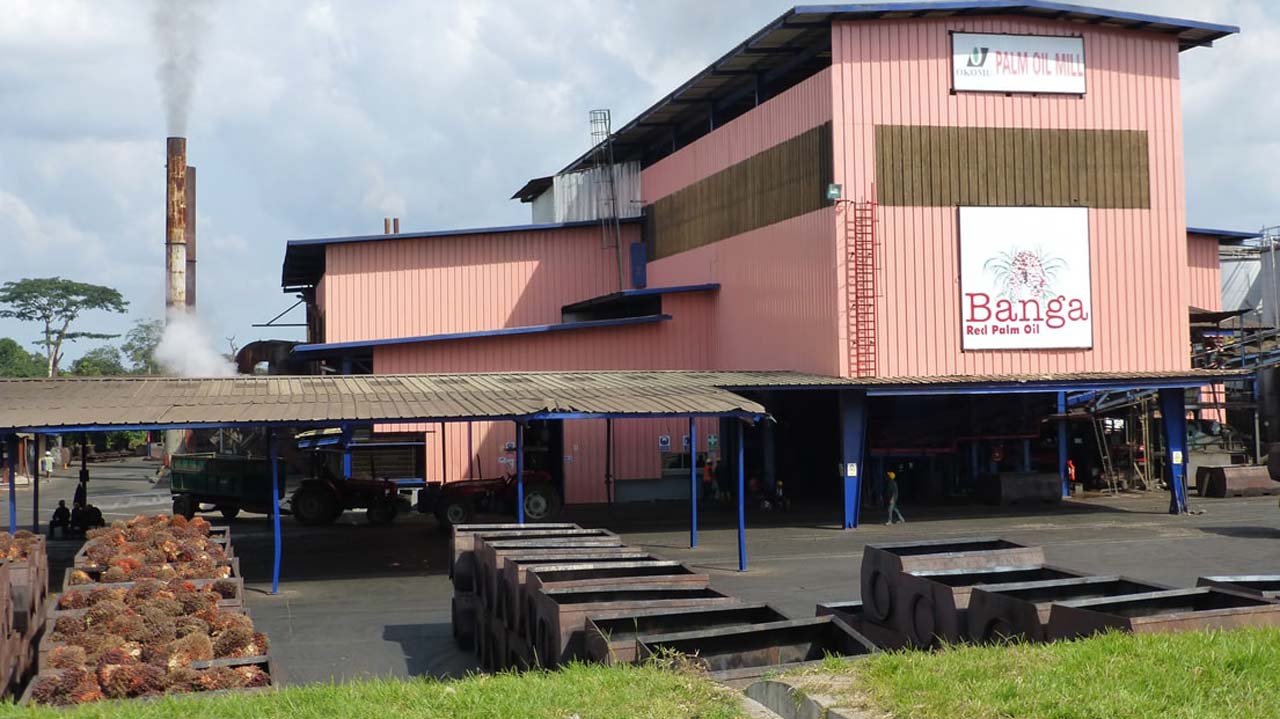*Brigadier General, Colonel, Lt. Col., 13 other officers remain in military custody for misconduct
Linus Aleke in Abuja
The Defence Headquarters (DHQ) yesterday declared that the current democracy in Nigeria is forever, promising that the military would not tolerate any behaviour that undermines its integrity or threatens its constitutional role under democratic authority.
The clarification by the DHQ comes amidst a fresh revelation that a Brigadier General, a Colonel, and a Lieutenant Colonel were among the 16 military officers in detention for what the military described as misconduct.
There were speculations that the officers were arrested over a failed coup attempt that was to be executed on October 1, 2025.
But the DHQ has dismissed the claim that some top generals were being held at the underground detention facility of the Defence Intelligence Agency (DIA) in Abuja, insisting that its October 4 statement on the arrest of the 16 officers for professional misconduct never mentioned a coup.
A statement issued yesterday by the Director of Defence Information, Brigadier General Tukur Gusau, also described as false and misleading, an insinuation that the cancellation of activities marking Nigeria’s 65th Independence Anniversary on October 1 was linked to an alleged attempted military coup.
While describing the viral report as entirely false and malicious, DHQ said it was intended to cause unnecessary tension and distrust among the populace.
The DHQ explained that the decision to cancel the 65th Independence anniversary parade was taken to allow President Bola Tinubu to attend a strategic bilateral meeting outside the country and for members of the Armed Forces of Nigeria (AFN) to sustain momentum in the fight against terrorism, insurgency, and banditry.
“Furthermore, the DHQ wishes to reassure Nigerians that the ongoing investigation involving the sixteen officers is a routine internal process aimed at ensuring that discipline and professionalism are maintained within the ranks. An investigative panel has been duly constituted, and its findings will be made public,” the statement added.
The DHQ called on all peace-loving citizens to continue to provide necessary support to security agencies.
It stated that the federal government, the legislature, and the judiciary are working closely together to ensure the safety, development, and well-being of the nation.
While noting that democracy is forever, the DHQ added that the Armed Forces of Nigeria remain firmly loyal to the Constitution and to the federal government, under the leadership of the Commander-in-Chief of the Armed Forces, President Bola Ahmed Tinubu.
The military had, on October 4, informed the public that a routine military exercise had resulted in the arrest of 16 officers over issues of indiscipline and breach of service regulations.
It revealed that some of the apprehended officers had already been under military jurisdiction for various offences, either awaiting or undergoing trial, adding that their conduct was deemed incompatible with the standards of military service.
However, quoting unnamed military sources, reports had claimed that the detained officers were involved in a coup plot, which was to be executed on October 1.
“Their grievances were that they were not promoted and that even their juniors were promoted above them.
“They were to execute their plan on October 1. They were to target some areas for bombing, including the Presidential Villa and the Abuja airport,” one of the sources explained.
Another source explained that the military officers had a civilian accomplice, who was a player in the oil and gas sector.



